September 11, 2022, 9:56 PM
September 11, 2022, 9:56 PM
The death of Queen Elizabeth II last Thursday triggered an outpouring of grief and tribute from world leaders and ordinary people.
Many in former British colonies have openly honored the monarch’s memory, while others have shared photos of Her Majesty visiting their respective countries.
but the admiration is not unanimous. For some, his death has awakened memories of the sometimes bloody history of colonial rule: atrocities against indigenous peoples, the theft of statues and artifacts from West African nations, gold and diamonds from southern Africa and India, slavery and oppression. .
While South African President Cyril Ramaphosa described the queen as an extraordinary public figure who would be fondly remembered by many around the world, the opposition Economic Freedom Fighters (EFF) party said it would not be mourning the death.
“During her 70-year reign, she never acknowledged the crimes that Britain and her family perpetrated around the world and, in fact, was a proud standard-bearer for atrocities,” the country’s third-largest party said in a statement.
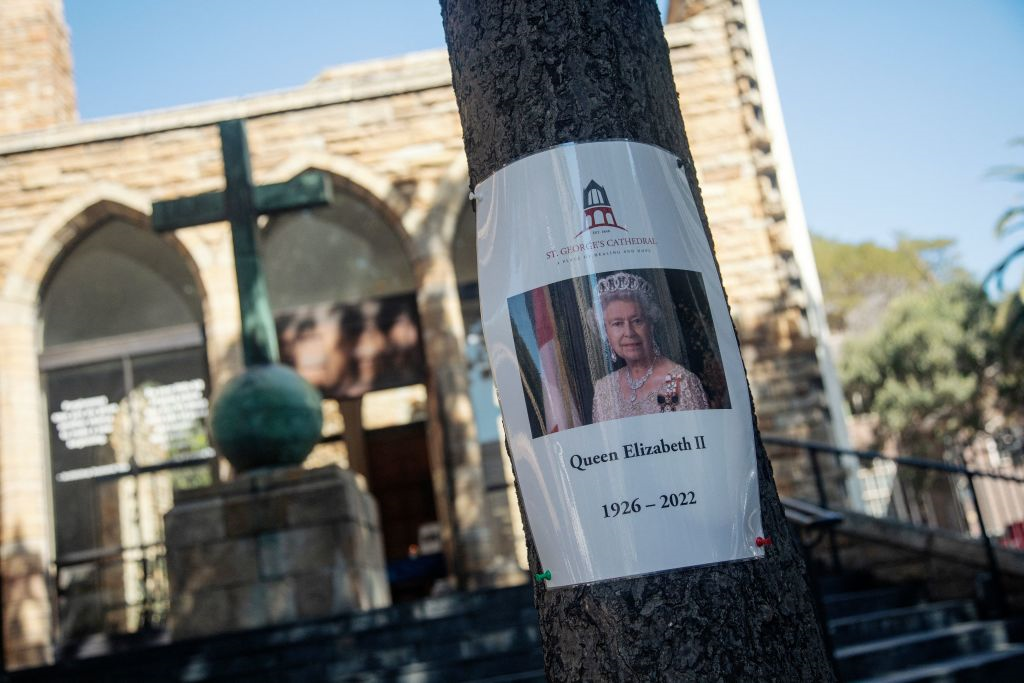
“For us, his death is a reminder of a very tragic period in this country and in the history of Africa.”
reviews on social media
In social networks, criticism has gone much further.
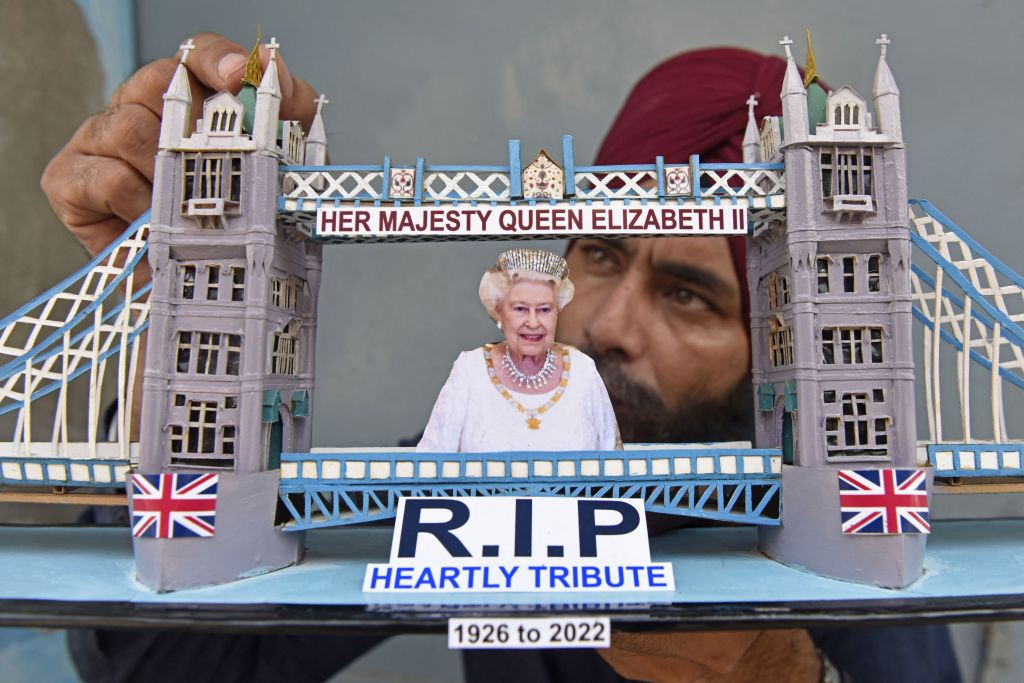
Tweets posted by Nigerian-born American Professor Uju Anya, shared in the hours before the queen’s death, sparked a heated debate.
One was removed by Twitter for violating their rules.
In a second tweet, he wrote: “If anyone expects me to express more than disdain for the monarch who oversaw a government that sponsored genocide, who massacred and displaced half my family, whose consequences are still being overcome by those who are alive today, you can still wish on a star.
Apparently, his tweet is a reference to the biafra war in the late 1960s, in which the British government supported and armed the Nigerian government which blockaded, starved and ultimately crushed secessionists from the self-proclaimed Republic of Biafra.
A Twitter user, @ParrenEssential, responded that Nigerians don’t behave like that, adding: “You are misrepresenting our culture and our country”.
Others have said that criticizing a person at the time of their death is “un-African”.
Messages also appeared on the day of the queen’s death demanding the return of the Star of Africa diamond, which was mined in South Africa in 1905 and is now among the British crown jewels.
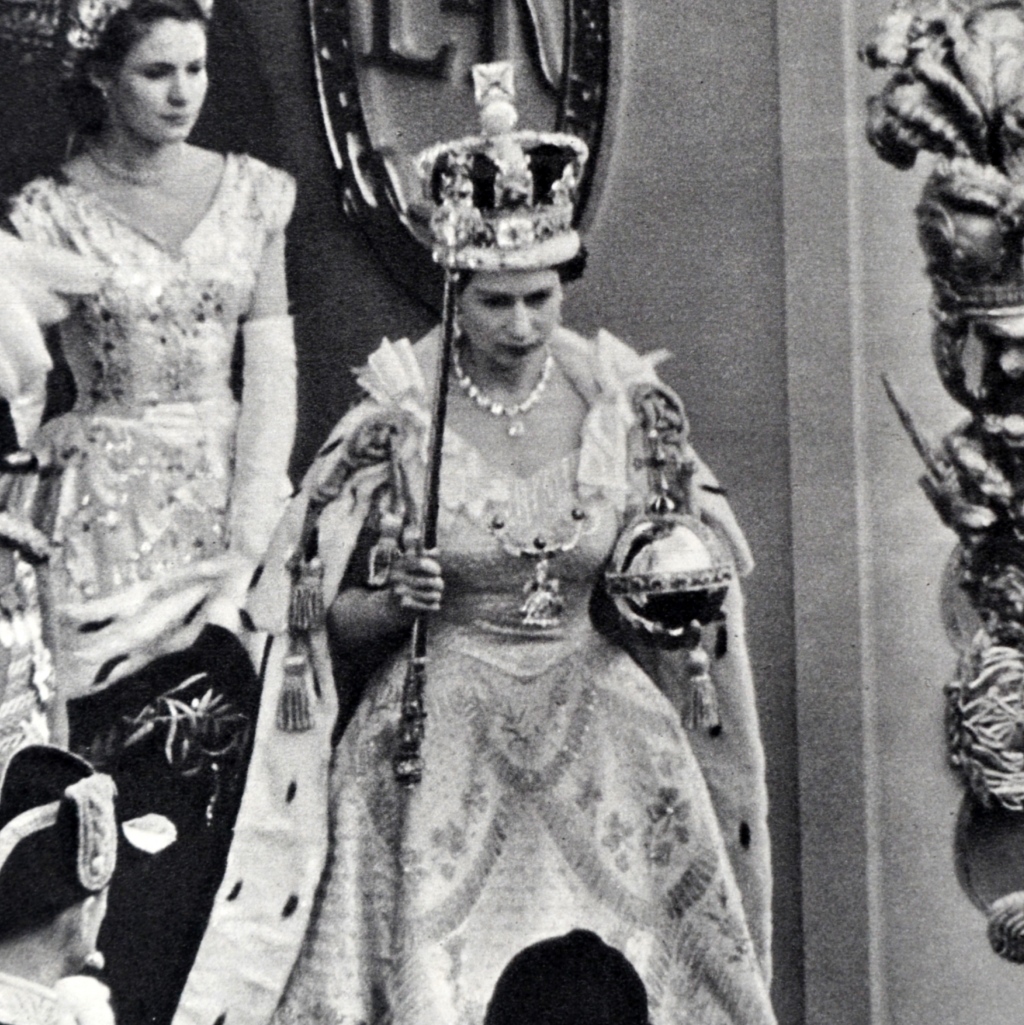
Many claim that it is a stolen jewel. Although it was purchased by the Transvaal government and given to the British royal family as a token of loyalty, the prevailing opinion on social media is that its true owners are South Africans.
Twitter user @Qban_Linx said the $400 million diamond, the largest piece of which is in the royal scepter worn by monarchs at their coronation, could cover the cost of higher education for 75,000 South African students.
There has been a similar outcry in India, where the hashtag “Kohinoor” quickly started trending after Queen Elizabeth’s death, a reference to a large diamond in a royal crown reportedly to be worn by the new queen consort.
Request the remains of African heroes
Other critics say the queen should have used her power and influence to ensure that the human remains of those who fought against British colonial rule were returned.
Kenyans and South Africans call out heroes like Koitalel Samoei, who led the Nandi resistance in present-day Kenya in the late 19th century, and King Hinstsa kaKhawula of Xhosa in South Africa, who was assassinated in 1835.
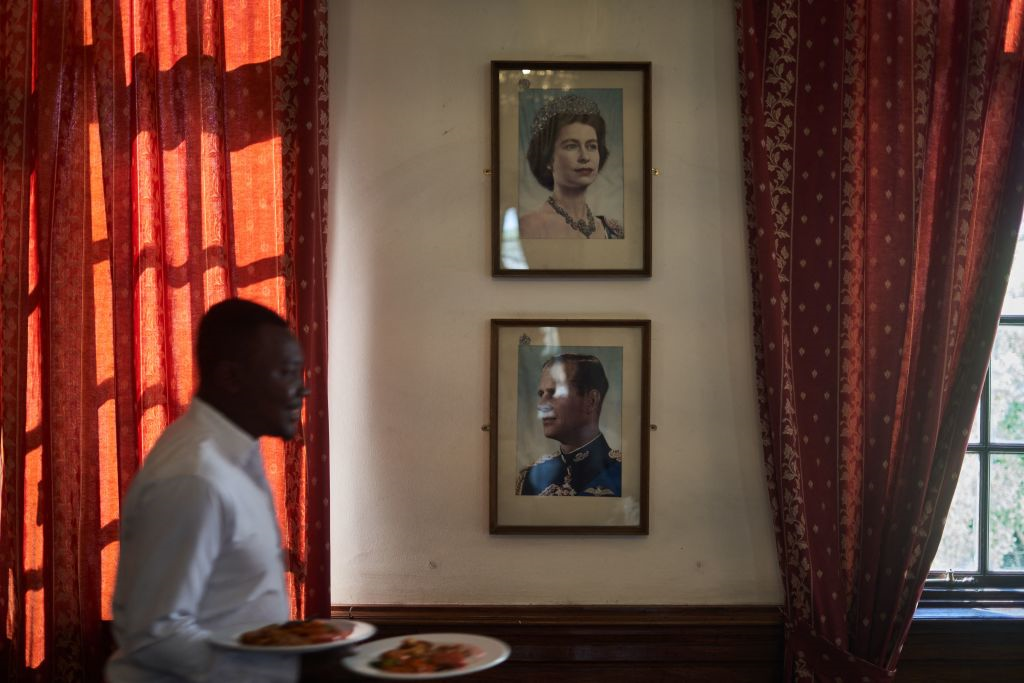
After the bodies were mutilated, their heads were brought to Britain as trophies.
The brutal slaughter of Kenyans during the Mau Mau rebellion has also been remembered.
Gitu Wa Kahengeri, who joined the rebellion as a 17-year-old 81 years ago, recalled being detained in a camp by British forces, beaten and starved.
“They occupied my land, my birthright,” he told the news agency Reuters. “But we are mourning the queen because she is a person, a human being,” she said.
“We are sorry that people die.”
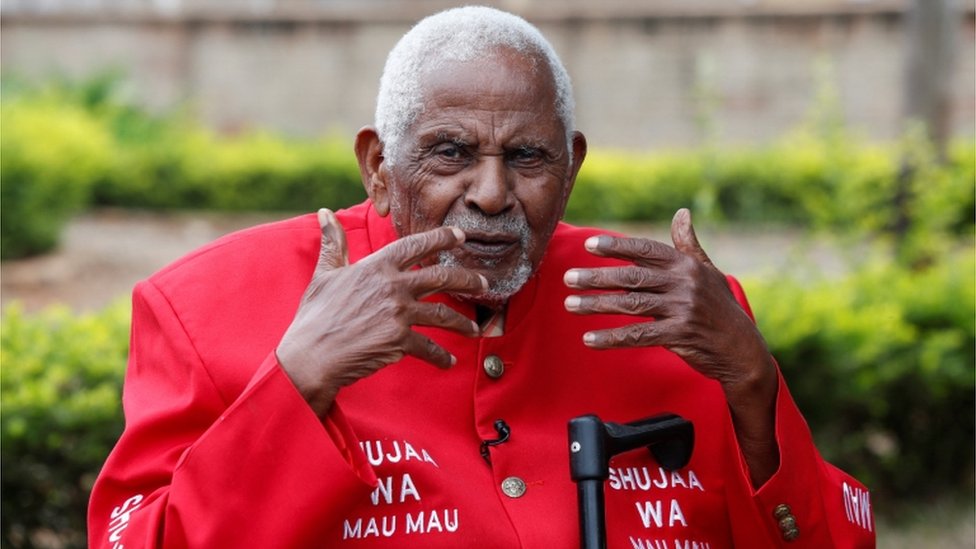
Kenyan President Uhuru Kenyatta, who referred to Elizabeth II as “a towering icon of selfless service,” has been criticized by some Kenyans for declaring four days of national mourning.
Meanwhile, the former president of Botswana, Ian Khama, was another of those who defended her legacy, describing her as irreplaceable.
“Colonialism is not something we want to remember, it was a dark period,” he said.
The continent should see her as someone who “brought a new age from a dark past,” he argued.
Many have said that the queen never apologized for the crimes committed in the name of the empire.
Nevertheless, acknowledged “distressing” and “difficult” episodessuch as a massacre in Amritsar, in northern India, in 1919.
Before visiting the site in 1997 where a British general ordered troops to fire on protesters in a walled garden, he made a speech expressing regret.
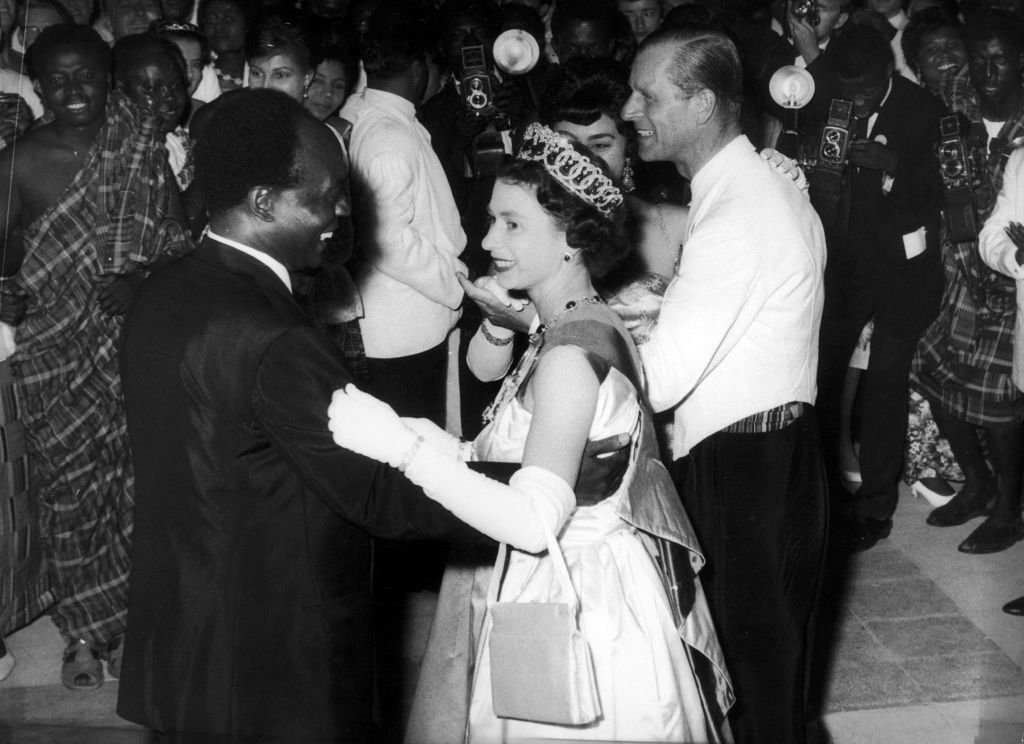
“History cannot be rewritten, as much as we sometimes wish otherwise. It has its moments of sadness and joy. We must learn from sadness and build on joy“.
Remember that you can receive notifications from BBC World. Download the new version of our app and activate it so you don’t miss out on our best content.















